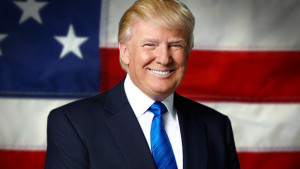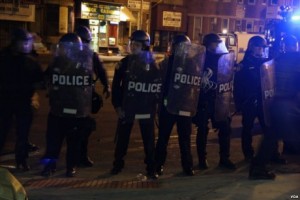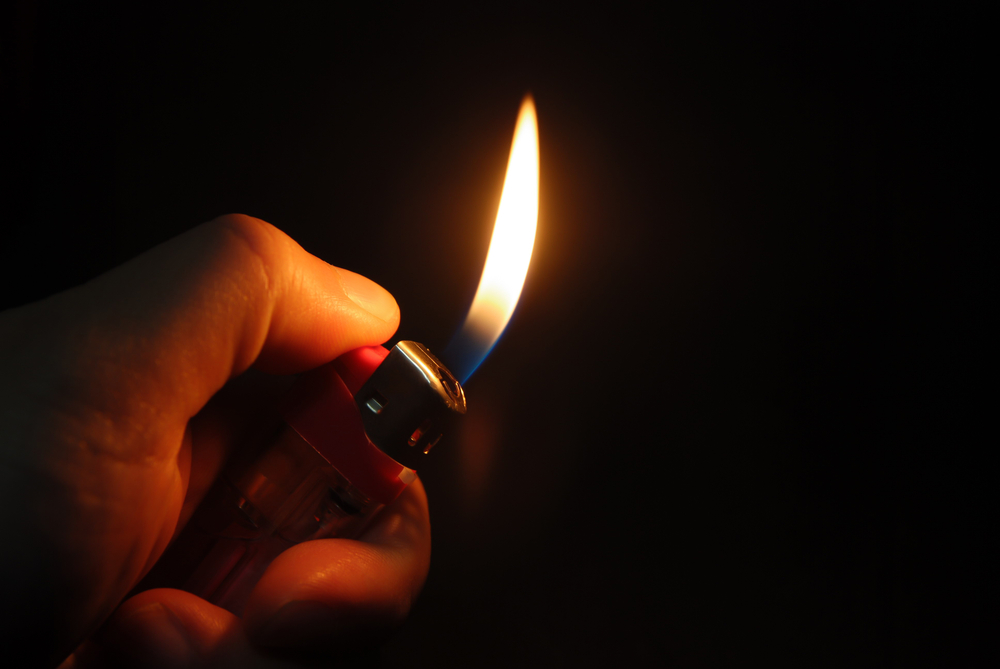One of the best things about being in Europe the last month and a half is that I have been shut off from the 24-hour news cycle that has become American journalism. Consequently, other than my daily check-in of NBC.com, NYTimes.com, and ESPN, most of the last 80 days of my life have been filled with the BBC, RTE (Irish television), and SkyTV. For a news junkie like me the first few weeks were painful, but after awhile I realized that I wasn’t nearly as stressed or depressed. Words like Obamacare, Boehner, Reid, Rick Perry, LeBron James, and heat index quickly vanished from my daily vocabulary, and I picked up new ones like, test (rugby, soccer, or cricket match), Miliband, Cameron, and mushy peas (perhaps my greatest discovery). When I turned on the cable box for the first time Monday morning, I realized that maybe I had come home too early. Rather than seeing Chuck Todd, I was being treated to the Trayvon Martin trial live and in color.
From the initial reports of his death and the subsequent media circus that has followed it, I have kept silent about Trayvon, George Zimmerman, Sanford, Florida, and the stand your ground law. Perhaps my silence was inspired by the fact that between Facebook, Twitter, op-eds on countless blogs, and news sites, I was convinced that my voice wouldn’t be heard, or at the very worst couldn’t offer anything of substance.
I don’t like this case. I don’t like that a 17-year-old boy that looks like my nephew, Corvin, was shot down. I don’t like a case where a homeowner distrusts our justice system and police response so much that he decides to offer a gun-loaded hand. Most of all, I don’t like a case in which I know daggone well that no matter the verdict, no matter the outcome–our society will be ripped further apart into our corners of identity.
Whether he is found innocent or guilty, Mr. Zimmerman will never ever really be free, just like Trayvon’s parents will never get to hold their son again–even if Zimmerman is given the harshest sentence in the book. No, friends, there will be no winners on that day, with the exception of the pundits, columnists, and radio hosts. Perhaps most chilling is that as a country, one more giant nail in our collective angst over race will be driven into our heart.
Each of us will see what we want to see and very little of what we need to see. We will go to our corners and lament that THEY are tearing down the country and that THEY are undermining justice. No one will admit the complexity and complicity of our own words in the racialized world in which we live. Sadly, there will be no interrogation of the words that will be posted on that day of how the discourse we engage in is either building a bridge of understanding or constructing a tower of unintelligible, hateful babble. We will be deluded by our own sense of righteous outrage, remembering personal hurts and structural insults. Trayvon and George will become our standard bearers, or as theorist Kenneth Burke points out, our rhetorical scapegoats. By sacrificing the sacredness of their worth on our altars of egotism and need, we somehow will be able to be released from the guilt that we all experience as participants in systems of oppression. Many of the black academic and professional class will defend Trayvon’s friend, Jeantel, from those who made fun of her enunciation and diction; yet will never reveal that they made fun of her as well. Those who are white will cheer Zimmerman as a hero for home and hearth, but won’t admit that if he had the last name of Lopez their willingness to embrace him might suddenly change.
Many churches and church leaders will hold vigils and offer prayers of the people when the inevitable firestorm of racial angst breaks loose. They will ask for calm, write soothing words about reconciliation–when it is their very ineptness at helping all of us deal honestly with difference that has doomed us to failure. Ok, maybe that’s harsh, but then again maybe it isn’t. You see, most mainline denominations have difficulty with discussing race, even amongst themselves. Substituting quotas and tallies of who is speaking for the really hard discussions of inclusion, difference, and the mandates of Christ, the church–particularly those denominations considered most progressive–fears such discussions. The problem is not with only the lighter hue of the pew. The African American church has lived so long in the world and discourse of struggle that it, unlike the church of South Africa, has yet to be able to fully embrace and cultivate a dialogue of racial reconciliation and renewal. So let’s be clear: There is plenty of blame to go around for why cases like Treyvon’s cause such national handwringing and outrage. It’s like my good friend and mentor, Mark Lawrence McPhail–one of the top scholars on race and rhetoric–writes, that no one has clean hands in this racial system.
After my “Saying Grace” post, many accused me of being a ‘sellout’ to my race and to progressive politics. Because I refused to jump on the bandwagon of nailing Paula Deen to the wall because of her past, my credentials as an African American, progressive, Christian, and academic were questioned. As I tell my students, just like credit cards in a wallet, our identity is not singular but multifaceted. I am a proud African American; Southerner; Clinton Democrat/Kemp Republican; Alabama alumna; professor; theologian; consultant; daughter; wife; sister; Texan; suburbanite; AKA; pit bull owner; and video gamer–yet, even all of that doesn’t encapsulate all that I am in a given day.
While I am aware that there are expected scripts for all of these roles, part of being reborn in Christ is being able to disrupt the scripts I have been handed and speak in a way that challenges us all–including me. My hands are not clean when it comes to race. I still struggle when the taxi passes me by but stops for my white husband. I struggle when I realize that I when I tell my nephews Corvin and Camryn not to wear hoodies that I will never have to tell my 6 nephews by marriage the same thing.
Yet I believe, and I will continue to believe, that every identity card that I may want to slap down on the discursive table must be couched in the most important identity I carry, and that is as a Christian saved by grace. It is that identity that reframes and redefines words like justice, truth, evil, responsibility, honor, difference, inclusion, and most of all, love.
When the Trayvon verdict comes down, it is my heartfelt prayer that progressive and conservative Christians would remember one thing before they take to their smartphones, IPADS, and Macbooks– that the world will know we are Christ’s by the fruit that we bear.











